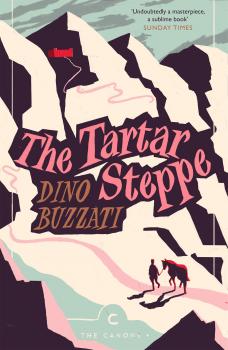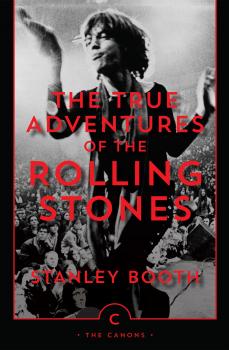Canons
Скачать книги из серии CanonsLet Us Compare Mythologies
First published in 1956 when he was twenty-two years old, Let Us Compare Mythologies is Leonard Cohen's first collection of poetry. It is an accomplished and passionate collection which demonstrates Cohen's remarkably assured voice, even as a young man.
An unprecedented debut published to immediate acclaim, new generations of readers will now rediscover not only the early work of one of our most beloved writers, but poetry that resonates loudly with relevance today.
The Good Man Jesus and the Scoundrel Christ
'If I vanished he wouldn't notice, if I died he wouldn't care. I think of him all the time, and he thinks of me not at all. I love him, and my love torments me. There are times when I feel like a ghost beside him; as if he alone is real, and I'm just a daydream.'
This is the story of two brothers. One is impassioned and one reserved. One is destined to go down in history and the other to be forgotten.
In Pullman's hands, this sacred tale is reborn as one of the most enchanting, thrilling and visionary stories of recent years.
Brothers and Keepers
Brothers and Keepers is John Edgar Wideman’s seminal memoir about two brothers – one an award-winning novelist, the other a fugitive. Wideman recalls the capture of his younger brother Robby, details the subsequent trials that resulted in a sentence of life in prison, and provides vivid views of the American prison system.
A gripping, unsettling account, Brothers and Keepers weighs the bonds of blood, tenderness and guilt that connect him to his brother and measures the distance that lies between them.
The Tartar Steppe
Idealistic young officer Giovanni Drogo is full of determination to serve his country well. But when he arrives at a bleak border station in the Tartar desert, where he is to take a short assignment at Fort Bastiani, he finds the castle manned by veteran soldiers who have grown old without seeing a trace of the enemy. As his length of service stretches from months into years, he continues to wait patiently for the enemy to advance across the desert, for one great and glorious battle . . .
Written in 1938 as the world waited for war, and internationally acclaimed since its publication, The Tartar Steppe is a provocative and frightening tale of hope, longing and the terrible sorcery of dreams and desires.
Getting it in the Head
Here we enter a world where the infatuation with death, ruin and destruction is total. Set in locations from New York to the west of Ireland, and to the nameless realms of the imagination, it is a world where beautiful but deranged children make lethal bombs, talented sculptors spend careers dismembering themselves in pursuit of their art, and wasters rise up with axes and turn into patricides.
McCormack's celebrated debut collection is richly imaginative, bitterly funny, powerful and original.
Guantánamo Diary
The first and only diary written by a Guantánamo detainee during his imprisonment, now with previous censored material restored.
Mohamedou Ould Slahi was imprisoned in Guantánamo Bay in 2002.
There he suffered the worst of what the prison had to offer, including months of sensory deprivation, torture and sexual assault.
In October 2016 he was released without charge.
This is his extraordinary story.
Its Colours They Are Fine
A classic of short fiction, Alan Spence’s celebrated debut collection, first published in 1977, brings Glasgow to vibrant life and captures the spirit of the city as it teetered on the brink of change. From childhood Christmases in small tenement flats and games played on scrubland, to Orange Walks on bright Saturday afternoons and Thursday nights in dark, pulsing dancehalls, these interlinked stories vividly evoke the city and its inhabitants – young and old, Catholic and Protestant, hopeful and disillusioned.









